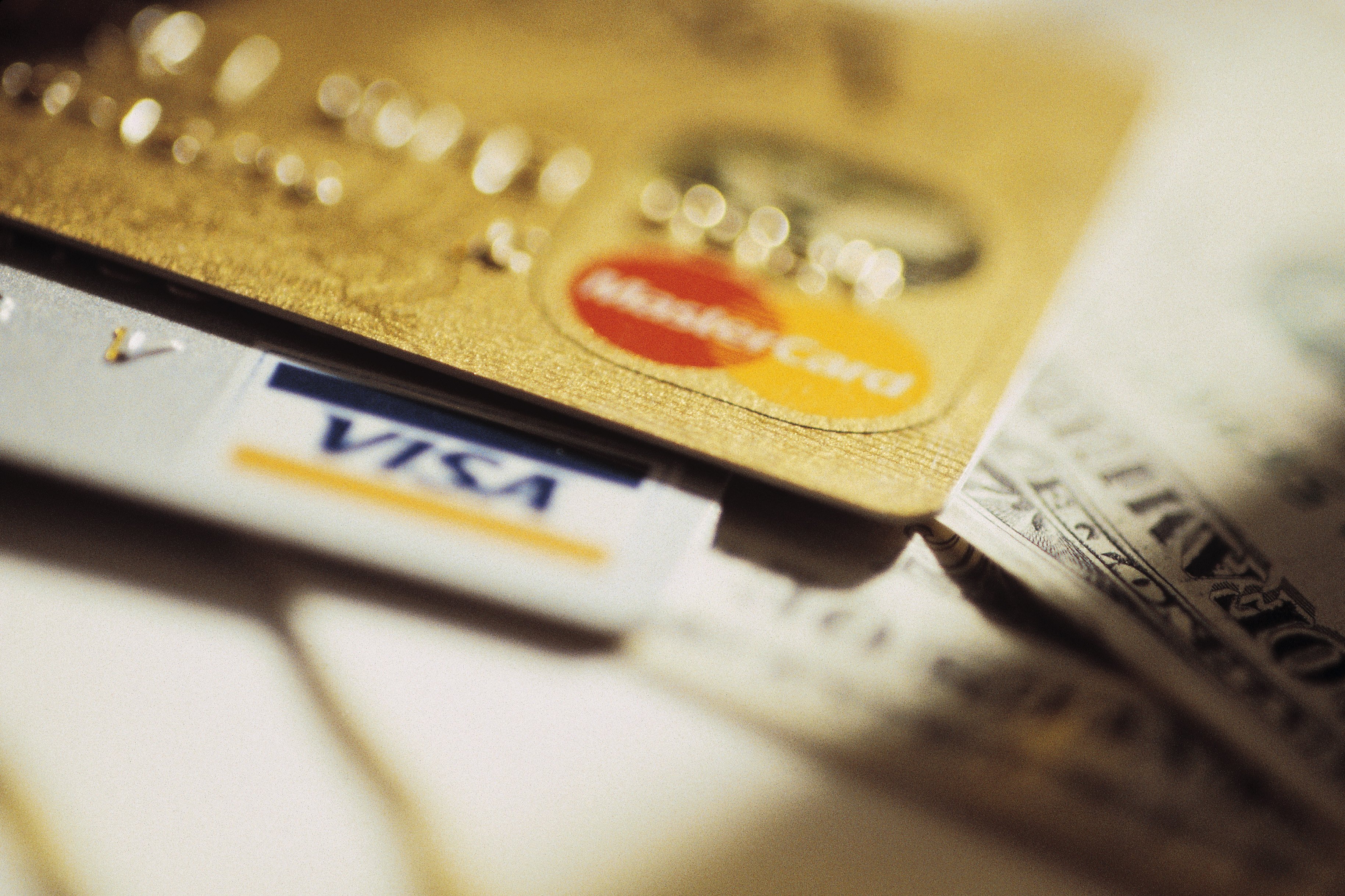 A creditor’s rights involves the exercise of legal devices that assert the rights of creditors to collect debts and judgments. Creditors fall into two broad categories; secured creditors and unsecured creditors. Below is a creditors rights attorney’s summary of some of the often exercised legal devices that creditors have available to them. To understand rights of creditors, you can contact our Indianapolis creditors rights attorneys.
A creditor’s rights involves the exercise of legal devices that assert the rights of creditors to collect debts and judgments. Creditors fall into two broad categories; secured creditors and unsecured creditors. Below is a creditors rights attorney’s summary of some of the often exercised legal devices that creditors have available to them. To understand rights of creditors, you can contact our Indianapolis creditors rights attorneys.
Unjust Enrichment (Quasi Contract)
Even if there is not proper documentation evidencing the debt, a creditor may still recover on based upon on the (often overlooked) legal theory of unjust enrichment (also known as quasi contract, or quantum meruit in equity). However, this is problematic if the debtor disputes the amount of the debt – ending up in a “he said, she said” scenario.
Claim on Account
If an invoice is issued by a creditor to a debtor, a creditor’s right to sue can be characterized as a claim on account, or claim on account stated. Generally, prejudgment interest can be claimed if the amount owed is not in dispute.
Creditor generally cannot recover their own attorney’s fee from the debtor, unless provided for by contract (including a work order or purchase order, for example) or by certain situations provided for by statute (NSF checks, mechanic’s liens, etc.)
NSF Checks
If a check is dishonored by the debtor’s bank due to insufficient funds, additional damages can be collected (after providing notice of dishonor to the maker of the check and providing them an opportunity to make the check good). These additional damages can include multiples of the original amount of the check, and recovery of attorney’s fees and other costs of collecting the check.
An often overlooked strategy is to sue the signor of a corporate check in their individual capacity when the signor of the check does not properly designate his or her representative status.
Mechanic’s Liens
A contractor who improves the value of land or a building can often assert a mechanic’s lien. This technical remedy operates as a lien in the chain of title of the property, and gives rise to additional remedies as will. A mechanic’s lien must be recorded within 60-90 days of the last work performed (depending on whether the property is used for residential or commercial purposes).
There are many pitfalls for the unwary contractor. For example, if the customer is other than the owner, the contractor must give a pre-lien notice to owner before the work is performed. Also, home improvement contractors must ensure that their documents comply with the Indiana Home Improvement Act.
Post-judgment Remedies
In many collection matters, the validity of the debt is not in dispute, and the lawsuit to adjudicate the debt before a judge (the “judgment”) is not contested. The initial step of obtaining good service of process on the debtor, then collecting any judgment that is rendered, is where the real work occurs.
Once a judgment is obtained, it is most helpful to record with the Recorder in any county where the debtor may own real estate – now or foreseeably in the future. A judgment is a matter of record for ten years, and attaches to real property owned by the debtor.
Wages in excess of statutory exemptions can be garnished, as can accounts receivable. Also, non- exempt funds in bank accounts can be attached by court process and applied the payment of the debt.
Receivership
Receivership is a little-known, extraordinary remedy – with extraordinary power. When a debtor business is unable to pay its debts as they become due in the ordinary course of business, a Court may appoint a receiver to take control of a debtor’s business and liquidate it for the benefit of creditors. This extreme remedy gives a petitioning creditor great bargaining strength.
Fair Debt Collection Practices Act
Debt collectors must be aware of the many traps within the Fair Debt Collect Act. For example, a letter containing very specific language must be sent, verifying the debt must be sent at least thirty days before further collection efforts can proceed. However, the FDCPA only applies to debts arising out of a transaction that is primarily for personal, family or household purposes. Therefore, the Act typically does not apply to business- to- business debts.
Bankruptcy
Often threatened – but less often availed – by debtors. Upon a debtor filing for protection under the United States Bankruptcy Code, an automatic stay applies. However, even upon a debtor filing bankruptcy – it does not necessarily follow that a creditor will not recover any of its debt. Rights of creditors include collecting collateral. Lessors (landlords) eventually get their premises back, or payment of a portion of their lost rent. If a debt is not scheduled in the debtor’s bankruptcy schedules, it may not be discharged by the bankruptcy. If bankruptcy proceeding not successfully followed through to completion – a discharge will not be granted. If a plan of reorganization is not successfully completed, the rights of creditors to collect the debt may ultimately survive.
Contact Our Creditors Rights Attorney
For more help understanding rights of creditors, contact one of our Indianapolis creditors rights attorneys from Barnes Cadwell Law, A Professional Association of Attorneys at 317-804-5058.
